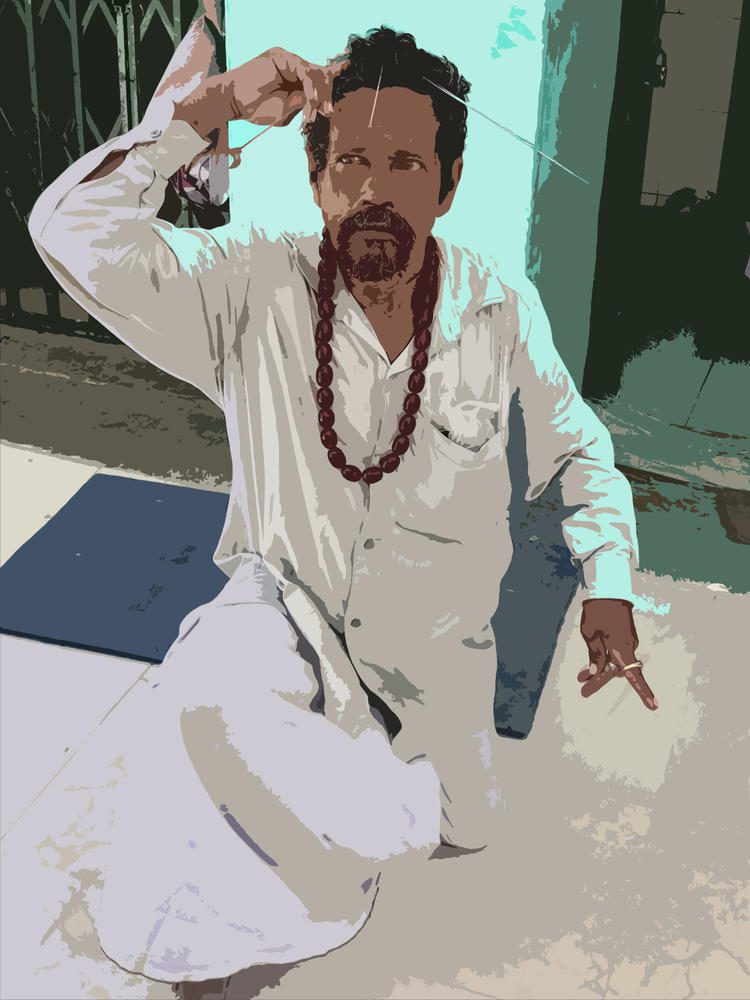
Ecstatic Devotions: A Conversation on Indian Ocean World Ritual and Performance
Fri, 4/12—Sat, 4/13 · 211 Dickinson Hall
Center for Collaborative History

When confronted with the sight of devotees throwing themselves under the wheels of the so-called Juggernaut, or others seemingly stabbing themselves to the beat of tambourines, or even flagellating their skin in winding processions, the outsider to Afro-Asian shores was often at a loss to understand the pious motivations of the participants or even, as time went on, the deliberate challenge to imperial authority that such acts might embody. Over time, too, several of the forms of ecstatic devotion that this workshop intends to interrogate–from the moment of encounter to their transplantation in spaces beyond the Indian Ocean World–have often been domesticated as symbols of national culture. Such has been the trajectory, at first glance, of the Sufi-inspired ratib of Cape Town which, with its tambourines and piercings, is now inscribed as quintessentially “Malay” in South Africa. Another is the similarly piercing Hindu festival of Thaipusam, dedicated to the deity Kartikeya (a.k.a. Skanda or Murugan). Traditionally celebrated by the Tamil people, it is now seen by some as taking its most spectacular form in the erstwhile British Straits Settlements of Penang and Singapore. Bringing historians and anthropologists together in the spaces where Bob Darnton and Clifford Geertz once taught, this workshop will invite scholars to open up questions for the comparative study of ritual and belonging across a range of practices and spaces, from hook swinging and firewalking in India to the processions, commemorations, and indeed celebrations of the ecstatic around the not-so-everyday world today.
Sponsored by: Center for Collaborative History • Center for Culture, Society and Religion • Humanities Council’s Stewart Seminars in Religion • Department of Anthropology • Department of Art & Archaeology • Department of Near Eastern Studies















